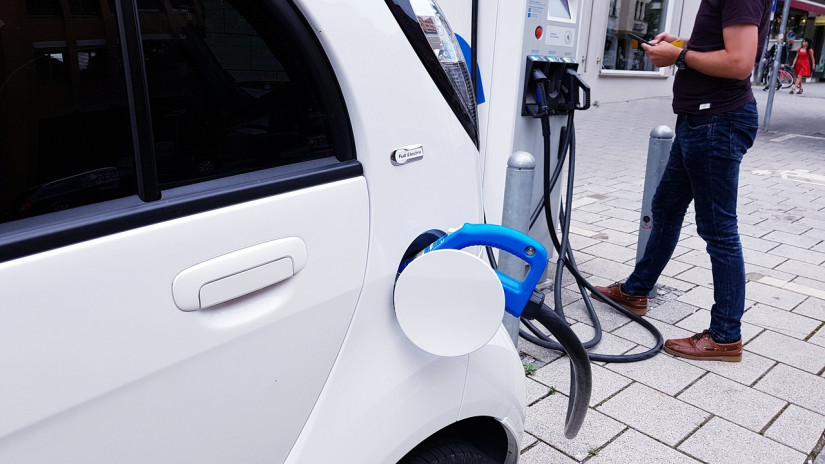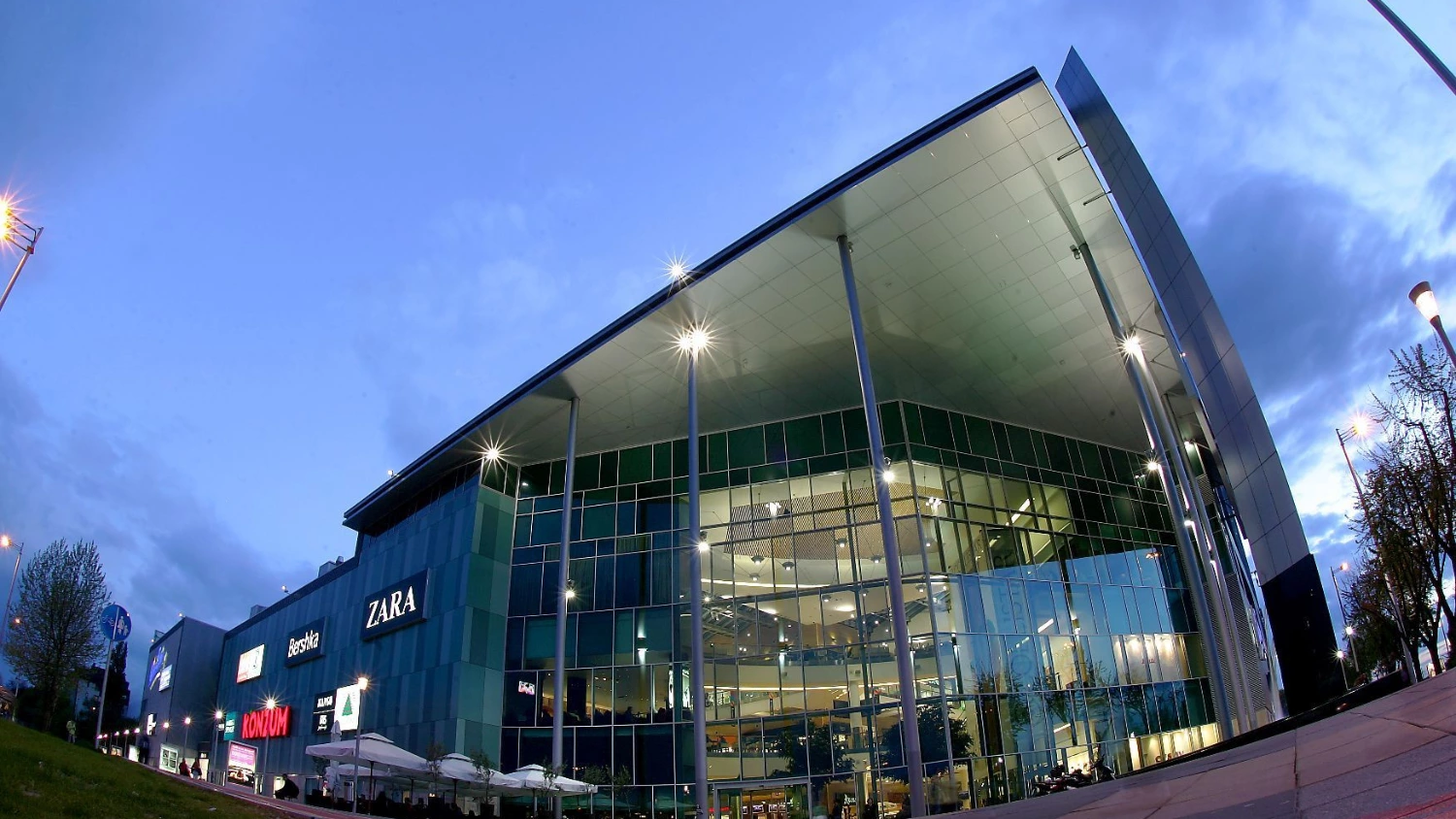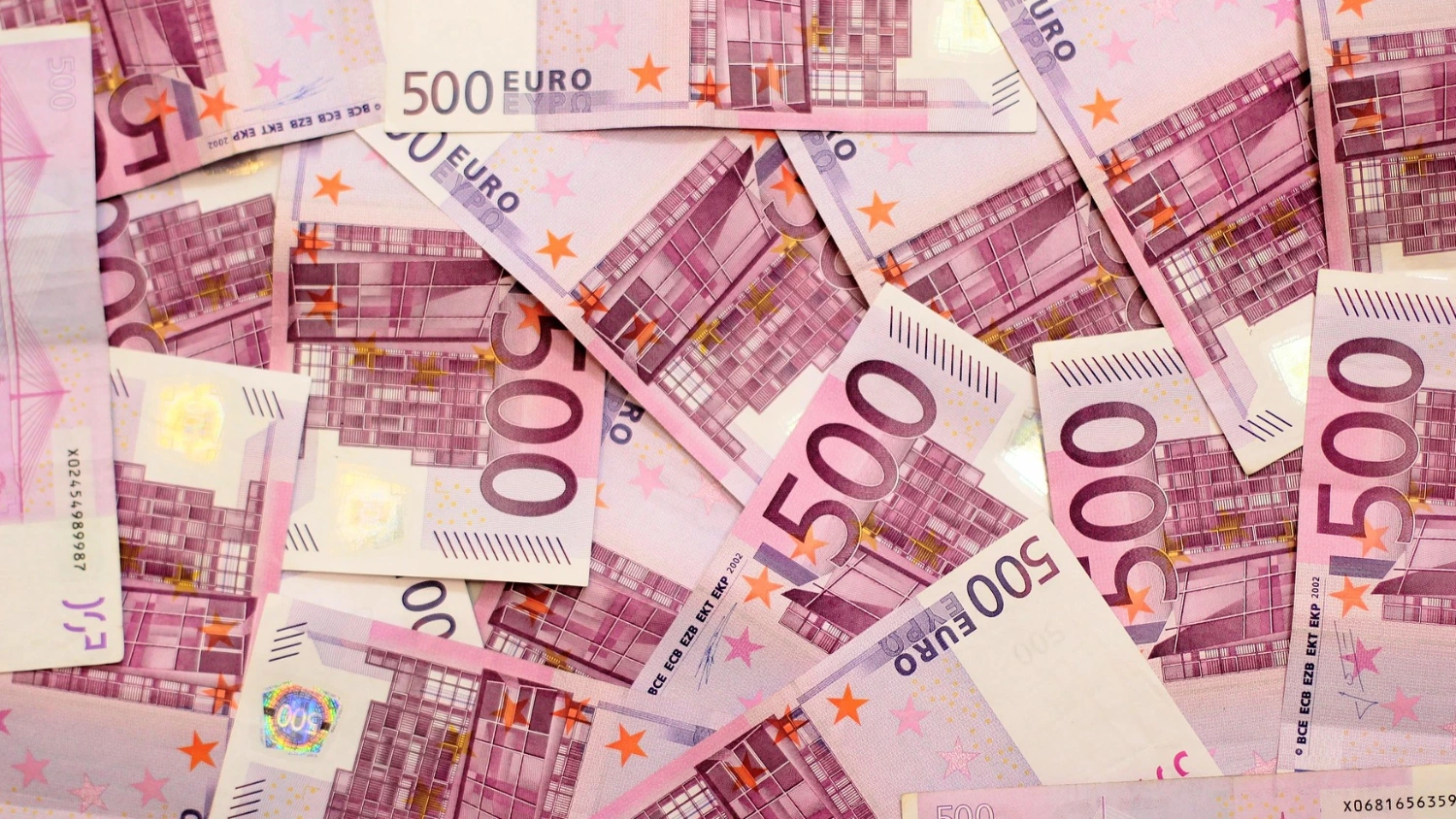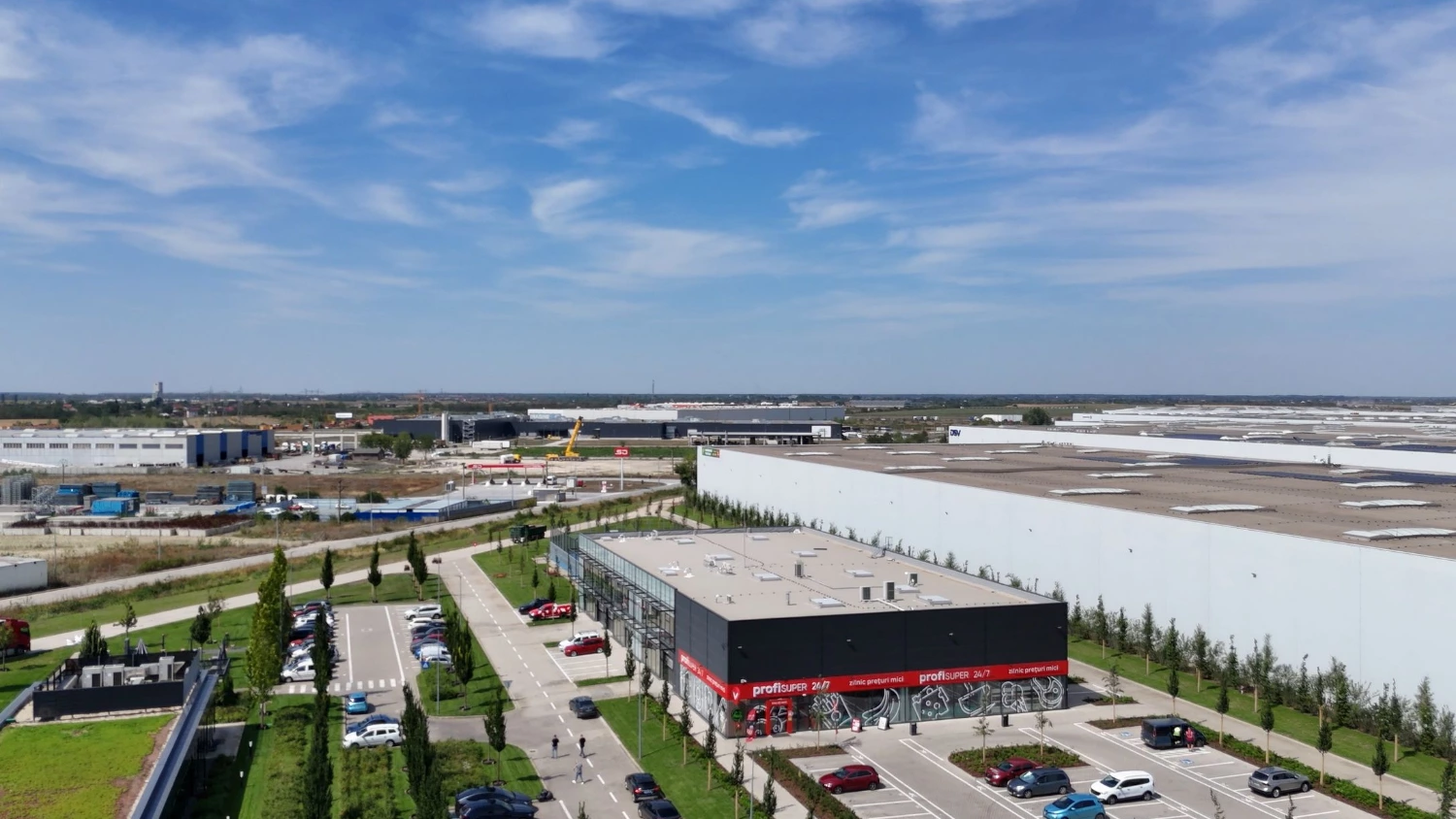The European Commission has estimated that up to 6.8 mln public charging points will be needed by 2030 to achieve the proposed 55% CO2 reduction target for passenger cars. This necessitates an annual investment of €8 bln for public charging infrastructure alone.
The EU tallied a mere 666,351 recharging points as of the end of March 2024 and there were large discrepancies between member states. By the end of the first quarter, only the Netherlands, Germany and France had surpassed 50,000 recharging points, collectively accounting for 60% of the EU's charging infrastructure. Еach of the three nations exceeded 100,000 points.
Southeast European members trailed behind most nations, with Romania and Bulgaria taking the regional lead at end-March, totalling 3,010 and 2,059 points, respectively. While it is not part of the bloc, Serbia is a member of the Transport Community and has the obligation to adopt and implement EU legislation in the transport field. This could prove vital in helping the Western Balkan state boost its charging infrastructure in the future as it is currently far behind Bulgaria and Romania. Different sources estimate the number of charging points in the country at between 85 and 102.
Lacklustre ambition
The three countries differ in their ambition and development strategies with regard to the deployment of alternative fuels infrastructure. Romania's current official documents clearly underestimate the country's potential and market dynamics as they stipulate 2030 targets that had already been covered by 831.5% at the time of publishing. Bulgaria seems to be a bit more realistic in its planning, presenting short- mid- and long-term targets in its first set of official documents to the European Commission.
However, the country later revised these targets downwards, due to the slower-than-expected adoption of EVs and charging infrastructure development. The level of ambition might be adjusted in the next few years as member states are expected to table new e-mobility plans with the European Commission under the Regulation on the deployment of alternative fuels Infrastructure, adopted in September 2023.
Serbia has yet to define mid- and long-term targets under its obligations as a member of the Transport Community, but current official documents suggest it is also undervaluing market dynamics.
Revenue growing while employment remains steady
The automotive industry in Bulgaria, Romania and Serbia enjoyed a substantial 20% increase in revenue in 2022 to €39.5 bln. This result also marks an encouraging acceleration in the annual growth rates after in 2021 the sector restored its revenue to pre-pandemic levels or higher. The industry's aggregate operating revenue in 2021 grew by 11.6% annually, compared with a drop of 9.2% in 2020.
Automotive companies also reaffirmed their role as some of the largest employers in the three countries with slightly over 300,000 full-time employees in 2022, up by 0.8% on an annual basis.










